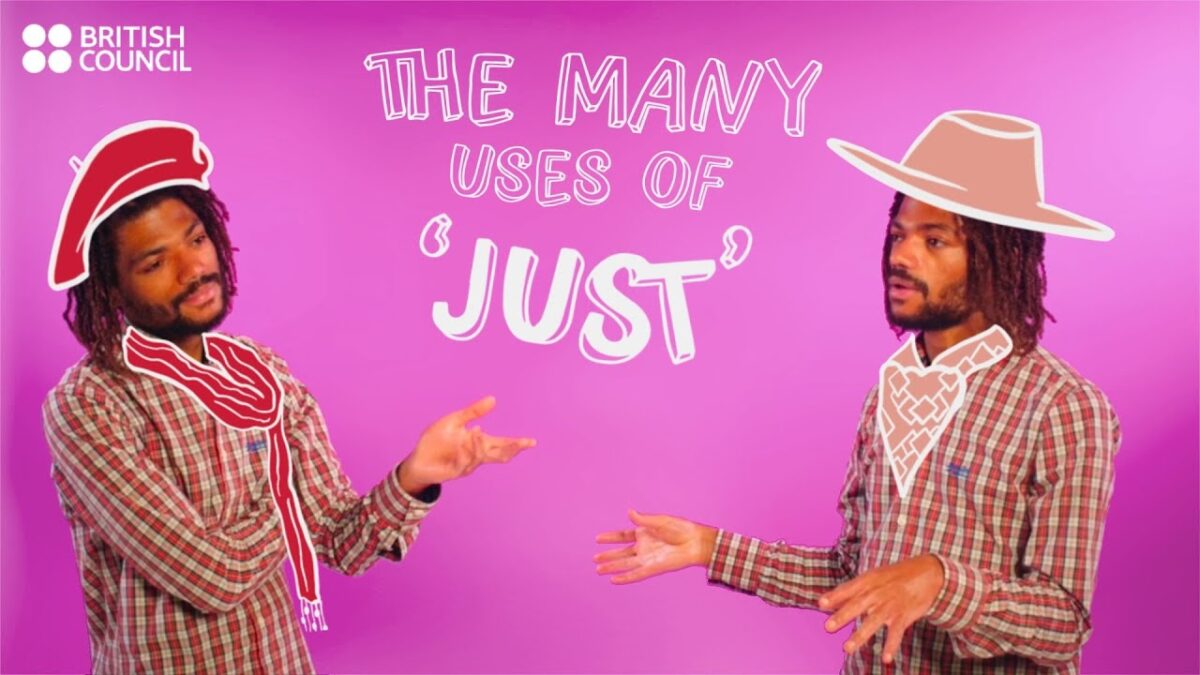20 New English Abbreviations & How to Use Them

Abbreviations – shortened forms of words or phrases – have been with us for a very long time.
Take a look at almost any Latin inscription or medieval manuscript and you’ll find abbreviations like ‘ARG’ for ‘Argentum’ (silver or money) or even simply ‘M’, which could stand for dozens of words like ‘Magister’ (teacher), ‘Mater’ (mother) or even ‘Mortus’ (dead).
It’s easy to see why abbreviations were useful. Stone and parchment were expensive writing materials. The more space you could save with abbreviations, the less material you used. Also, when writing was a slow process, using abbreviations saved you valuable time.
New technology has often been the influence behind new English abbreviations and acronyms (an acronym is a type of abbreviation that uses the first letters of each word, such as ASAP – the acronym for As Soon As Possible). Back in the 19th century, telegraph operators used to communicate using abbreviations that look very much like modern text messages. For example, “Hw r u ts mng?” meant “How are you this morning?”
Since the 1990s, new English abbreviations have been added to the language almost daily. The adoption of email, followed by SMS on mobile phones, plus the widespread use of online forums and social media have helped create a whole new vocabulary of abbreviations and acronyms. Many of these, such as LOL (‘Laugh Out Loud’) and OMG (‘Oh My God’) have even become common in spoken English.
To help you recognise some of the most common shortened words and phrases – particularly the ones you’ll find online – we’ve put together this list of 20 new English abbreviations and examples how to use them.
HF & TYT! (Have Fun & Take Your Time!)
How many of these abbreviations did you know?
- AFAIK (As Far As I Know). Used when you’re not completely sure about something.
Example: “AFAIK he’s in bed, but he might not have come home last night. Shall I check?” - ASL or A/S/L (Age Sex Location). Often used in chatrooms and on dating sites to find out basic details about another person.
Example: – “ASL?”
– “20/M/London” [20 years old, male, living in London] - CU / CYA (See ya / See you). Often used to end a conversation.
Example: “Must dash. CYA!” - ETA (Estimated Time of Arrival). Not really a new acronym, but one that is hugely popular these days.
Example: “Running late. ETA now 5pm” - FYI (For Your Information). Used to alert someone to certain information / give them a heads-up.
Example: “FYI, the bar closes at 11pm, so make sure you get here before then.” - FTW (For The Win). You say this when you want to express approval or support.
Example: “No classes on Friday FTW!” - FWIW (For What It’s Worth). Another way of saying “I’m not sure how helpful this will be”.
Example: “FWIW, I noticed baked beans are half-price at the supermarket today” - IMO / IMHO (In My Opinion / In My Humble Opinion). Used to express an opinion, or as a way of asserting that you are correct.
Example: “No. IMHO I think their last album was by far their worst.” - IIR / IIRC (If I Recall / If I Recall Correctly). Can be used politely or sarcastically to state an opinion, contradict someone else’s point of view or even embarrass them.
Example: “How would you know? IIRC you drank too much and fell asleep by 8pm.” - LMK (Let Me Know). Use this when you want someone to give you some information.
Example: “Are you coming to the match tomorrow? LMK.” - Props (Proper respect / proper recognition). A phrase for expressing approval or giving recognition to someone else.
Example: “That was an amazing meal. Props for making it.” - RUOK (Are You OK?). Used to ask whether or not someone is well or happy.
Example: “RUOK? You don’t seem happy with that decision.” - Srsly? (Seriously?). Usually means ‘you’ve got to be joking’ or ‘you can’t be serious’
Example: “Srsly? You spent HOW much?!” - TBH (To Be Honest). Use this to emphasise that you mean what you say, or for hyperbolic effect.
Example: “TBH, this chilli sauce is so powerful it could blow your head off.” - Totes (Totally). A supposed cute way of saying ‘totally’. The Huffington Post says this is one of the things you totes need to stop saying if you’re over 30! By the way, ‘amazeballs’ is another one to avoid…
Example: “That skirt looks totes amazeballs on you!” - Thx (Thanks). This one is self-explanatory.
Example: “Yep, it arrived yesterday. Thx for posting it.” - TMI (Too Much Information). Used when someone gives you way too much information, normally of a personal or graphic nature.
Example: – “So, the cat was sick on the stairs and there were bits of dead mouse all over the carpet. Then the dog started eating them.”
– “TMI…. I really did NOT want to know that!” - TGIF (Thank God It’s Friday). People say this because they’re happy it’s nearly the weekend.
Example: “This week I got fired from my job and broke my arm…. TGIF!” - WFH (Working From Home). Something many more of us have been doing because of the COVID-19 pandemic.
Example: “I’m WFH tomorrow. Shall we arrange a Zoom meeting?” - YOLO (You Only Live Once). This means you should seize opportunities to enjoy life, or even take risks or do something stupid.
Example: “So I thought it would be funny to sign up for a bungee-jumping session. Only problem is, I’m scared of heights. Oh well, YOLO! ”
We hope you’ve enjoyed learning about these new English abbreviations and how to use them. As you practise your English, you’ll discover there are many others – some useful, some funny, some technical and some beautifully descriptive.
If you’d like to build up your vocabulary further, why not try live online classes with English Online? The better your language skills, the more sense the world of English abbreviations and acronyms will become!




